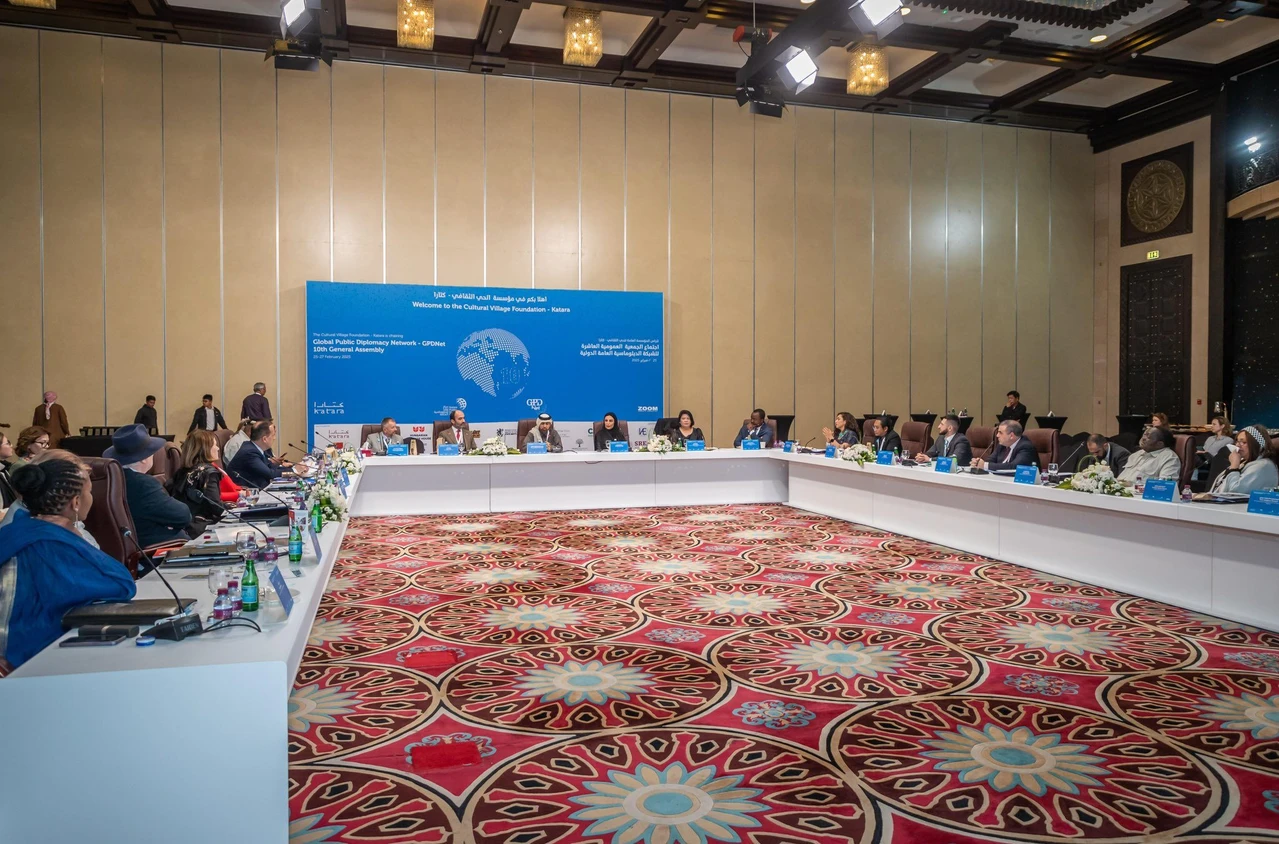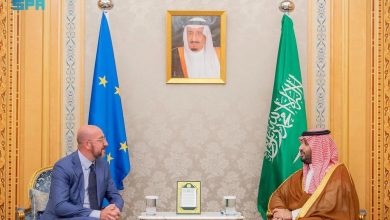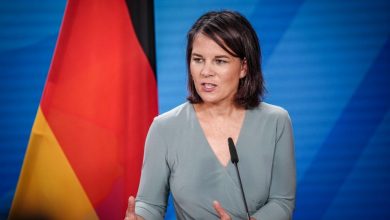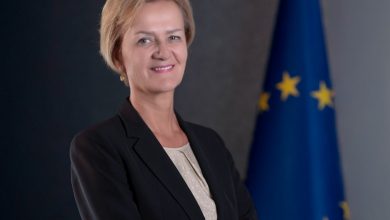HE Christian Berger: A Grand Diplomatic Journey with the EU – Special episode
DT: Mohamed Salah, Chief Director
In this episode of “The Diplomatic Journey,” I had the privilege of interviewing HE Christian Berger, the EU Ambassador to Egypt. I extend my deepest gratitude to Ambassador Berger for sharing his insights and experiences with us. His tenure in Egypt has been marked by significant contributions to diplomacy and international relations, and I conduct this interview with a bittersweet appreciation as he prepares to embark on his next post. His departure will undoubtedly leave a profound impact, and I sincerely wish him continued success in his future endeavors.
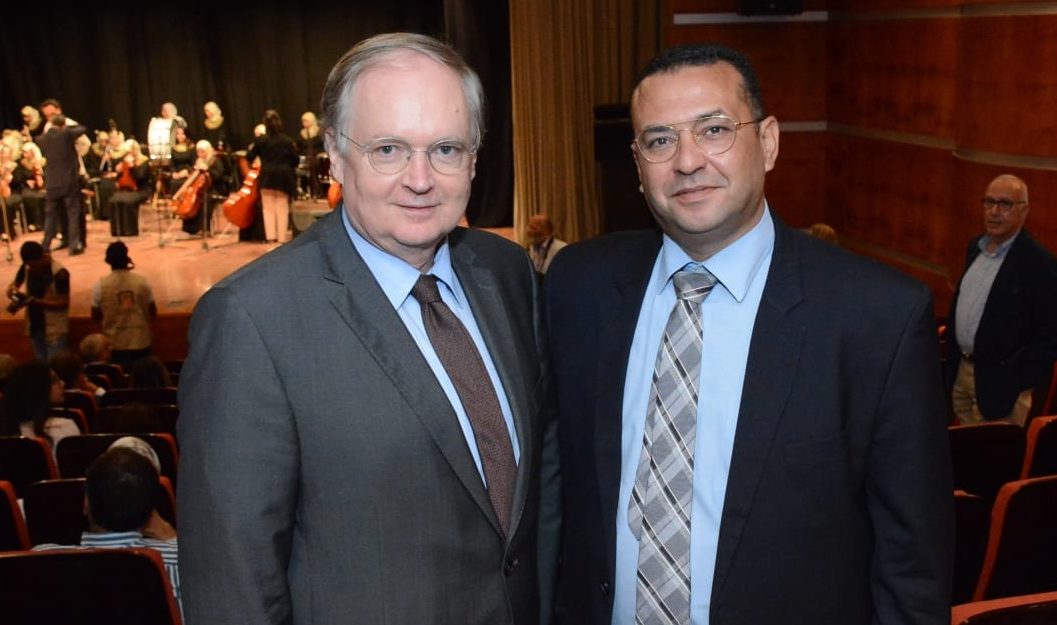
Q: Mr. Ambassador, can you tell us a little about your background and upbringing?
A: My name is Christian. I am an Austrian citizen from Vienna. I was born at a time when Europe was divided into two parts. I was born fifty kilometers west of the Iron Curtain, which divided what is now the European Union. I was also born just fifteen years after the end of the Second World War, a significant part of anyone’s history, as it defines the life that follows.
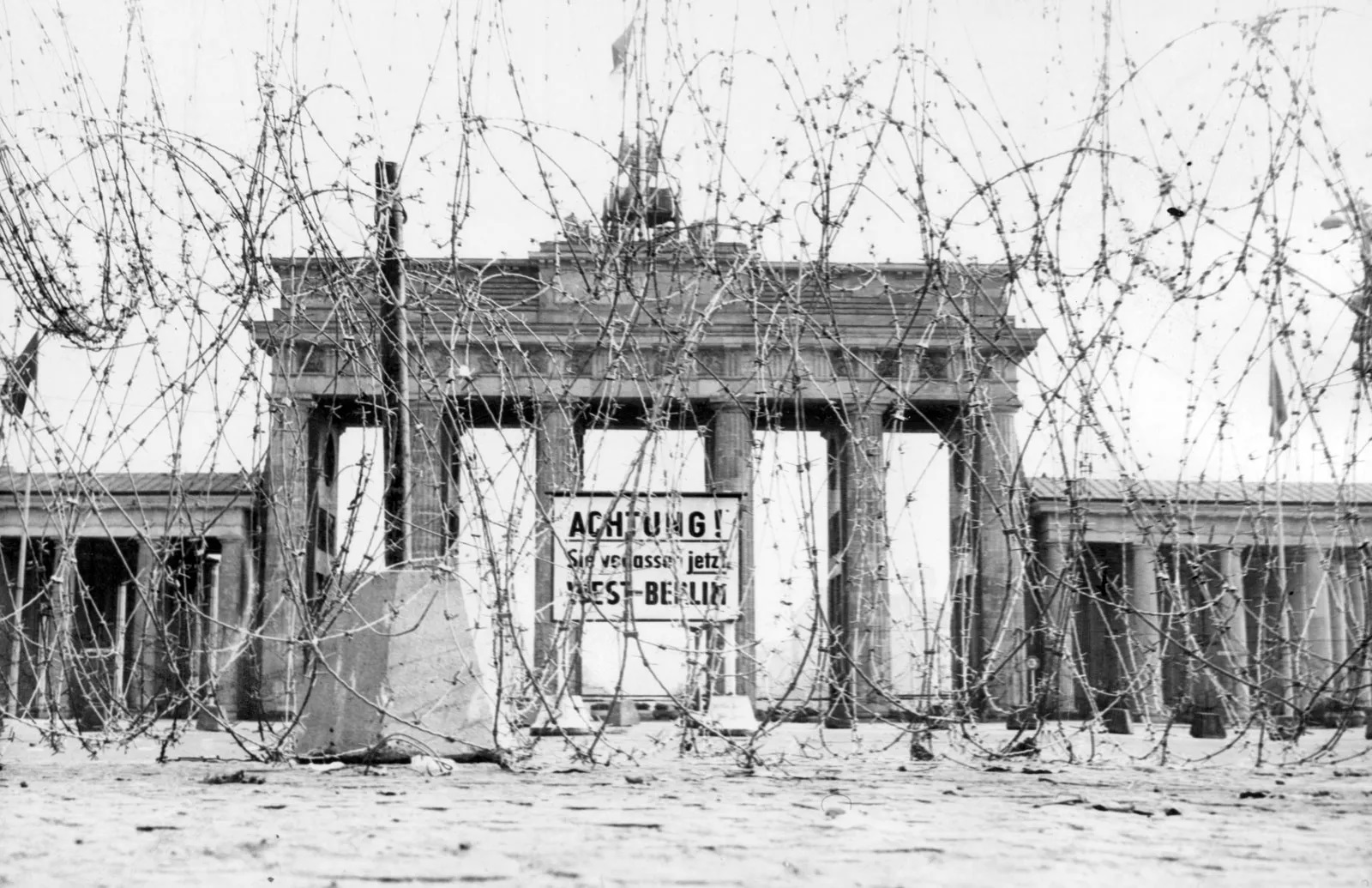
Q: You’ve had quite an international education. Could you walk us through your early years and how that shaped your worldview?
A: I spent my early years in Austria, where I attended school. I went to university first in Vienna but then decided to explore the world. My journey began with the United Nations as a peacekeeper in Syria. Later, I continued my studies in London, where I pursued a degree in international relations. Afterward, I joined the United Nations, working in the Middle East before joining the European Union’s diplomatic service.
Q: Your family’s heritage seems to span multiple cultures. How has that influenced your perspective both personally and professionally?
A: My family has diverse roots. On my father’s side, they lived in the same town near Vienna for almost 500 years. On my mother’s side, they were economic migrants from the Austro-Hungarian Empire. My wife is Greek, born in Athens, though her family originally came from the Black Sea coast in what is now Turkey. Her grandfather was a Greek who lived in Alexandria, Egypt. It’s a unique mix of backgrounds, and we have two children who are now living and working in Brussels.
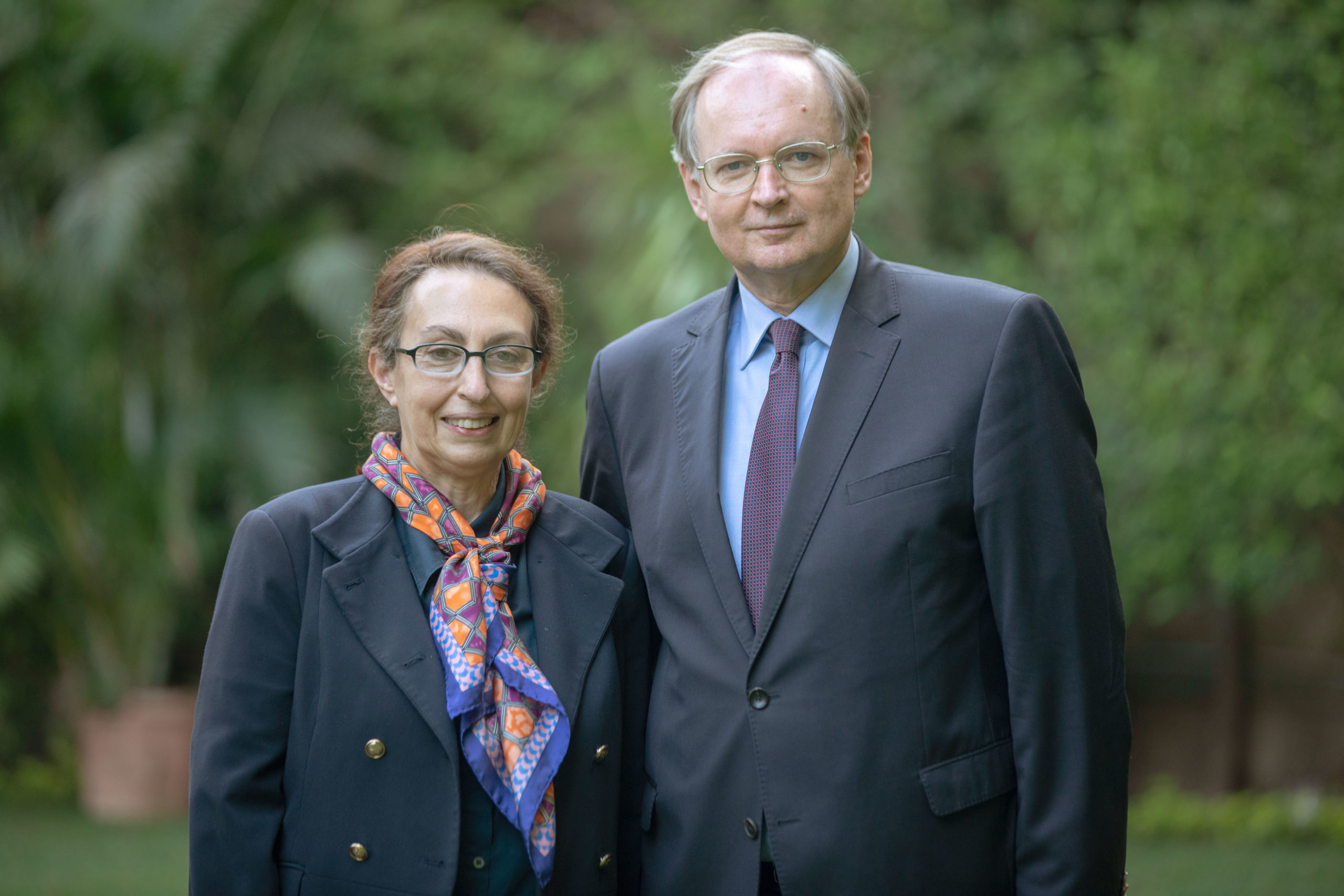
Q: Your career trajectory is impressive, spanning law, diplomacy, and humanitarian work. How did your path in international relations begin?
A: After completing my general education and secondary school, I studied law at the University of Vienna and then at the London School of Economics. My career took me to various places with the United Nations, first as a peacekeeper in Syria, then in refugee camps in Gaza. I later joined the European Union’s diplomatic service, focusing on external relations and diplomatic work in the Middle East and other regions.
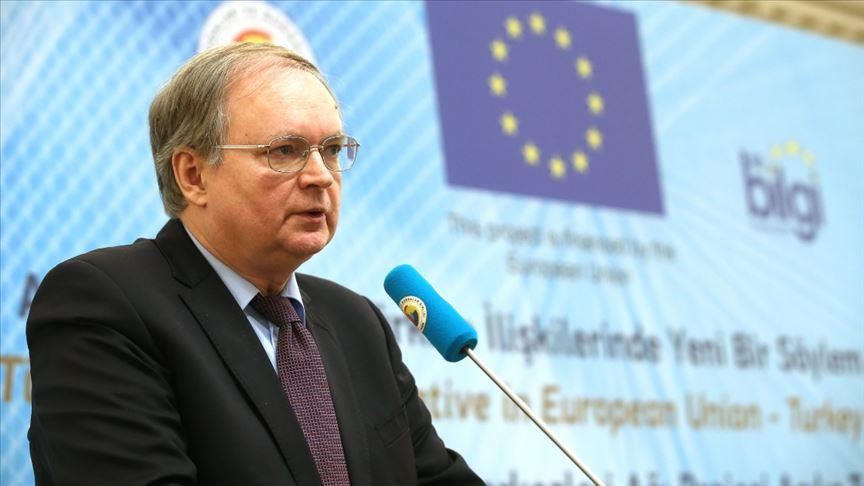
Q: You’ve held numerous prominent roles within the EU. Could you share some key highlights from your diplomatic career?
A: I served in various capacities within the European Union. I was Director for the Middle East, covering countries from Morocco to Iraq. I was also an ambassador in Turkey and head of the European Union’s representation office in Jerusalem, working with Palestinians. Since 2020, I have been posted in Egypt.

Q: How has the role of a diplomat evolved in this fast-paced, digitally connected world?
A: The role of diplomats today is vastly different from 50 years ago, mainly due to advancements in communication. In the past, diplomats would exchange letters and notes on behalf of their governments, but today, ministers and presidents communicate directly. This has sped up processes, but it also means diplomats need to ensure smooth communication and prevent misunderstandings. Our job now involves explaining both to our host country and to our home governments why certain things are done in a certain way.

Q: Outside of your diplomatic work, what are some of your passions?
A: Both my wife and I enjoy visiting UNESCO World Heritage Sites. With over 1,000 sites globally, it’s a big task, but we try to visit as many as possible, especially in Egypt. I also enjoy reading history, particularly on the Middle East, Egypt, and the Mediterranean, as well as biographies that give insight into how others have dealt with major world issues.

Q: You’ve witnessed the evolution of the European Union. In your view, how has the EU grown and what role does it play in today’s world?
A: The European Union was born from a desire to end conflict in Europe. After centuries of wars, a group of visionary leaders decided to control the resources needed for warfare, such as coal and steel, and form a community around them. This was the foundation of the European Union, which later evolved into an economic and political union. Today, the EU comprises 27 nations that collaborate on many issues, including trade and legislation.
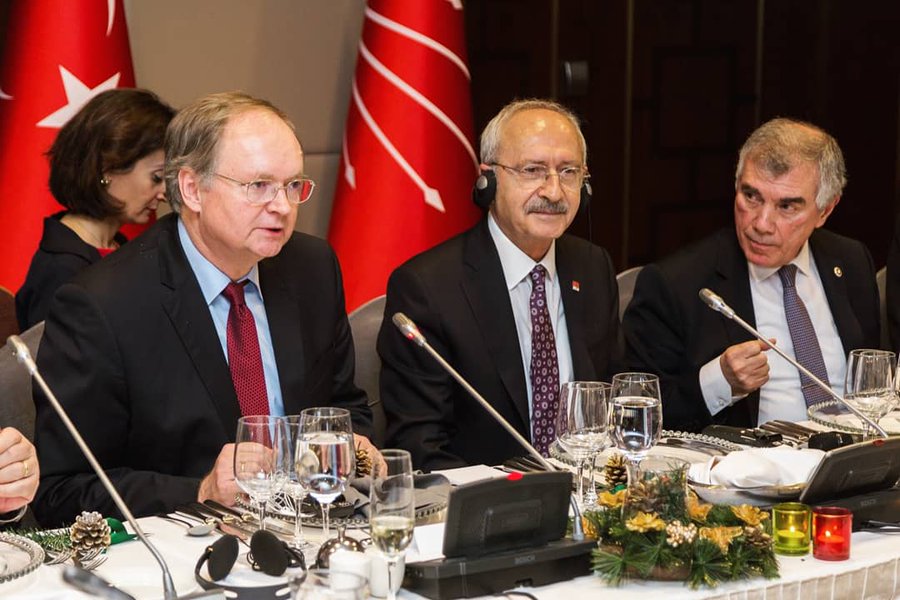
Q: Given your extensive experience, how would you define diplomacy’s role today in preventing conflicts and fostering peace?
A: Diplomacy has changed, but it remains essential. Diplomats play a crucial role in preventing conflicts and building long-lasting peace, as was done with the formation of the United Nations after World War II. The goal is to set up systems that remain stable for decades to come, ensuring peace and prosperity for future generations.

Q: What is your guiding philosophy when it comes to diplomatic negotiations and international relations?
A: Diplomacy requires patience and the ability to listen. Understanding the intentions and motivations of others is key to reaching successful agreements. As diplomats, our goal is to leave the relationships between countries stronger and in better shape than when we arrived.

As our conversation with HE Christian Berger comes to a close, I cannot help but express my deep admiration for his warm and wise reflections. His thoughtful approach to diplomacy, coupled with his dedication to fostering strong relationships between nations, is truly remarkable. Like the entire diplomatic community in Egypt and around the world, I hold him in the highest respect. This interview is particularly exceptional for me, as it provided the opportunity to engage with an outstanding diplomat who serves not only his country but also the host country with great distinction. It has been a true honor to hear his insights, and his legacy in Egypt will undoubtedly be remembered with respect and appreciation.
